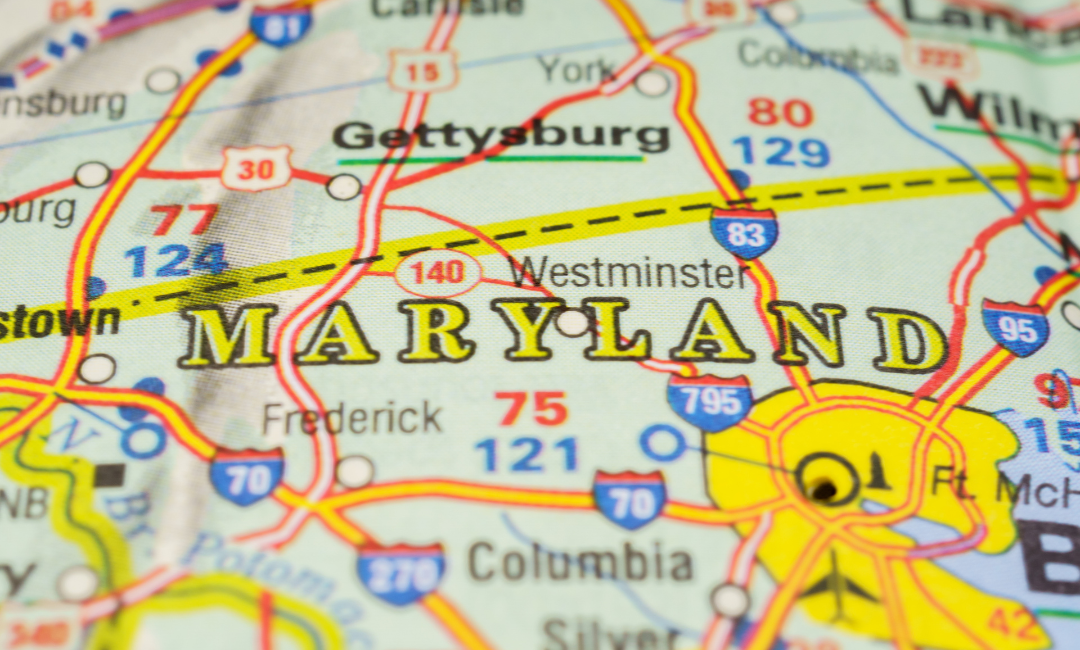Student loans can be a significant source of financial stress. Higher education costs over the years have forced students to borrow more money to complete their degrees. In the American Association of Colleges of Nursing’s latest survey on nurse student loan debt, 69% of nurses across every education level—undergrad, grad, and doctoral—took out school loans. More than 76% of those nurses used loans to complete their undergrad degree in nursing. The average BSN student has accrued $57,600 in debt and the average doctoral student accrued over $100,000!
Although nursing students have the benefit of entering a field with higher job security and salaries than many professions, student debt at these figures is still a heavy burden. Thankfully, there are several programs for student loan forgiveness for nurses that are available to help alleviate some of the burden. Here are 4 major national programs for student loan forgiveness for nurses as well as some state-specific loan forgiveness programs:
National Health Service Corps Loan Repayment Program
Nurses can qualify for the National Health Service Corps (HSC) Loan Repayment Program by working at an approved NHSC site that is designated as a Health Professional Shortage Area (HPSA). You must work there full-time for two years, but in return you can receive up to $50,000 for student loan forgiveness. NHSC program can be applied to both private and federal loans.
Nurse Corps Loan Repayment
If your goal is to go into nursing education, the Nurse Corps Loan Repayment Program may be perfect for you. They can offer up to 60% of student loan forgiveness for nurses (RNs and APRNs) if you agree to and complete two years of working full-time at an eligible Critical Shortage Facility (CSF) in a high-need area.
Perkins Service Loan Forgiveness
Federal Perkins loans are no longer available, however, if you were a recipient of a Perkins loan you can still qualify for full student loan forgiveness. Although our focus is student loan forgiveness for nurses, the Perkins loan forgiveness program is available for many professions. You need to work full-time for at least five years in an eligible high-need community. To apply for the loan, you must contact the school or servicer you received your Perkins loan from. They can provide the instructions and necessary paperwork that is specific to your situation.
Military Benefits
One of the benefits of military service is assistance with educational expenses. One example is the Army Nurse Corp Benefits. If you enlist in the army and complete at least 3 years of service, the army will fund up to $120,000 for student loan forgiveness for nurses. There is also the potential of receiving prorated student loan forgiveness if you are a nurse who enlists part-time in the Army Reserve.
State-Specific Repayment Programs
Each state has its own repayment program options. For example, Nurses in California who have loans for their BSN can qualify for up to $30,000 for working in HPSA or medically underserved designated locations ($10,000 per year completed for 3 years). Whereas Wisconsin nurses can receive up to $50,000 in loan assistance if they complete 3 years in a qualified underserved location.
You might be eligible based on where you currently are working, or you can commit to serving in an approved location in order to relieve some of the financial burden of your student loans. Make sure to research what program your state offers.
What if I Don’t Qualify for Student Loan Forgiveness for Nurses?
Don’t worry, there are other avenues you can take! Check them out:
1. Find an Income-Driven Repayment (IDR) Plan
IDRs apply to federal loans. There are 4 different types to investigate, but all of them essentially do the same thing. These plans extend the length of your student loan and lower your monthly payment based on your income. The loan length can be between 20 and 25 years and if there is still a loan balance after the plan ends, the remaining balance can be discharged.
Be aware that any discharged amount is considered taxable income by the IRS—so plan accordingly.
2. Refinance
Whether you have one or multiple loans, you can refinance. This consolidates your loans into a single, low-interest account which can lower your monthly payments, allow you to pay off the debt sooner, and keep more money in your pocket since you are lowering the amount of interest.
A small reminder with this option is that refinances are private loans — meaning if you refinance a federal loan, your loan would no longer be eligible for any of the federal loan forgiveness programs or the payment delay by the current CARES Act student loan relief measures that suspend your payments and interest accrual until September 30, 2021.
Student loan debt can be a significant weight on someone’s shoulders, but especially for nurses who must constantly work in high-stress environments. I hope that these few programs and options for managing student loan forgiveness for nurses will serve as beneficial to you and provide you with some relief in covering your loan debt.
Reference
- AACN (2017). The Numbers Behind the Degree: Financing Graduate Nursing Education. Retrieved from https://www.aacnnursing.org/Portals/42/Policy/PDF/Debt_Report.pdf




